How teen overcame anorexia and mental health issues; now experts want it accessible to all Aussies
An Aussie mum has revealed how her daughter overcame mental health issues and an eating disorder. Now experts want to see it become available to everyone with Medicare subsidies.
Health
Don't miss out on the headlines from Health. Followed categories will be added to My News.
EXCLUSIVE: Android psychologists are as good as human clinicians and could help fill the worsening shortage in the mental health workforce, a leading charity says.
Associate Professor Jill Newby from the Black Dog Institute said evidence from randomised trials found guided internet cognitive behavioural therapy programs were as effective as face-to-face treatment.
They’re also low cost or free.
Some mental health apps were also found to be beneficial, but there was weak evidence to support AI bots.
Today the Black Dog Institute released a discussion paper pushing for a “blended” approach to mental health care with a psychologist supporting a person using an app or program.
It would like to see an Medicare Benefits Schedule (MBS) incentive for clinicians to prescribe and monitor patients on digital therapeutics.
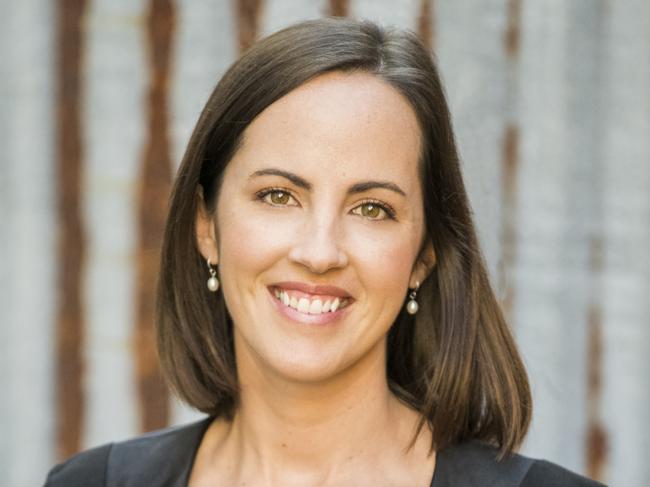
“Evidence shows digital interventions can provide similar treatment outcomes to in-person care but are more cost-effective as they can be delivered with 10 per cent of clinician time required,” Assoc Prof Newby said.
“If clinicians can get a Medicare rebate for a 10 to 15 minute phone chat that supports an individual to stay engaged with online help, it could free them up to help more patients.
“It is both effective and cost effective.”
She said digital tools could also help those on waiting lists who were currently without human support, or for those who struggled to find a clinician that suited them
Last year, three quarters of psychologists had a patient waitlist and one third were unable to take on new clients.
The Royal Australian and New Zealand College of Psychiatrists (RANZCP) warned on Friday that Australia was projected to encounter a gross under supply of psychiatrists over the next decade.
Digital mental health apps have been a lifeline for both Delanie Sky, 46, and her teenage daughter, who has a history of self-harming and anorexia and lives with depression and anxiety.
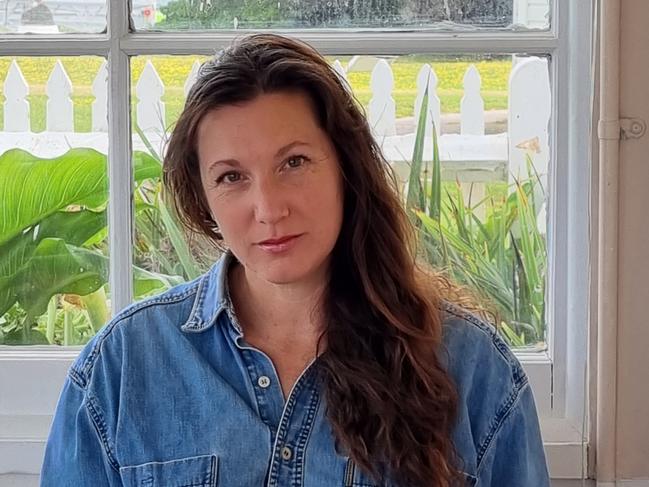
Ms Sky said her daughter, who did not want to be named, waited more than a year to see a psychologist in northern Tasmania, and even then was only allocated a provisional psychologist, despite her daughter being a complex case.
“While waiting, my daughter’s mental health got so much worse,” Ms Sky said. “I wish on our first meeting with our GP we were given a list of apps.”
Ms Sky uses My Compass to help with her own stress, while her daughter uses a range of cognitive behavioural therapy apps including Sleep Ninja for her insomnia and for a short period an emotionally intelligent AI bot called Wysa, when she “just couldn’t keep things bottled up”.
“The app (Wysa) helped me get things off my chest without anything annoying said,” the 13-year-old said.
“It recommended me tips and breathing exercises and it was just truly a really sweet and lovely site.”
However, Assoc Prof Newby said people needed to choose evidence-based apps and programs, because only two per cent of apps advertised as improving mental health have been tried or tested.
“We don’t know whether a lot of these apps are safe or effective,” she said. “Some can do harm. That’s one of the scary things.”
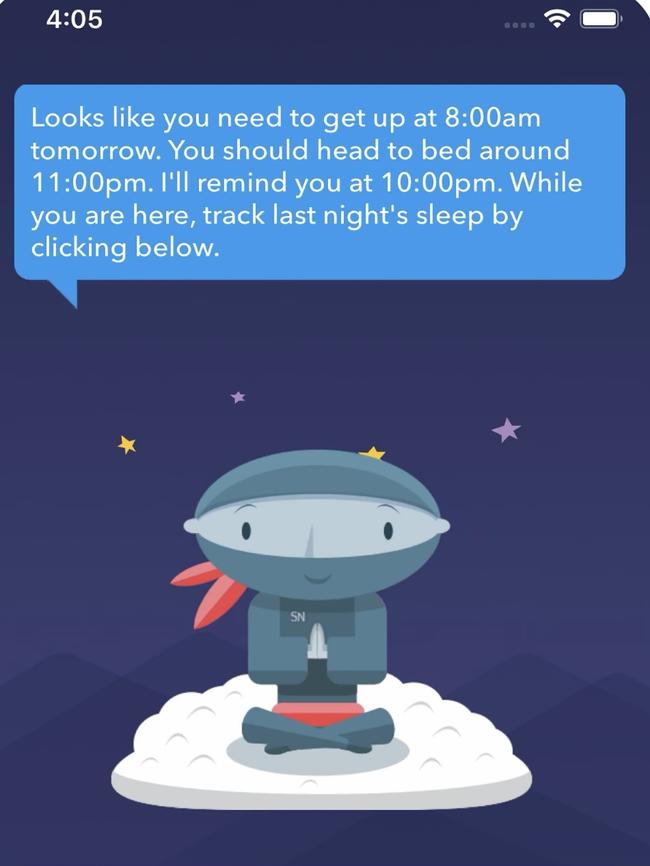
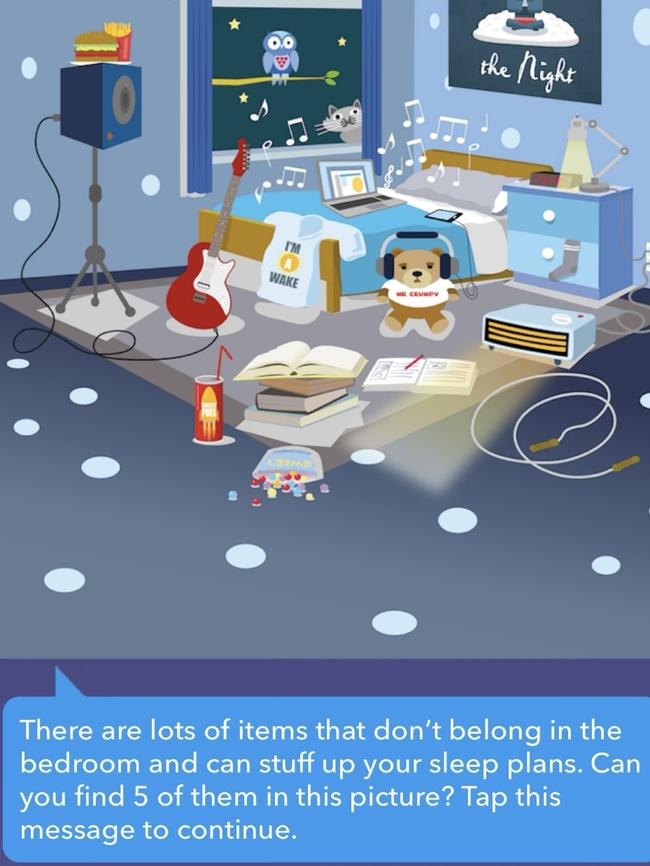
Five things to look for in a mental health app or digital tool
1. High star-ratings or numbers of downloads might indicate the popularity of an app, but this doesn’t equate to quality.
2. Do those who’ve developed the app have experience and a good reputation in mental health?
3. Check the privacy policy, it’s important to know how your data is protected.
4. Try to determine if there is any evidence that the app is effective in achieving its goal. It’s even better if the research behind the app is published in peer-reviewed journals.
5. If an app doesn’t have a large amount of research to support its use, the core principle of the app could still be built on evidence-based frameworks. For example, many apps are based on principles of cognitive behavioural therapy (CBT) which is a proven method frequently used in clinical psychology.
Source: Black Dog Institute
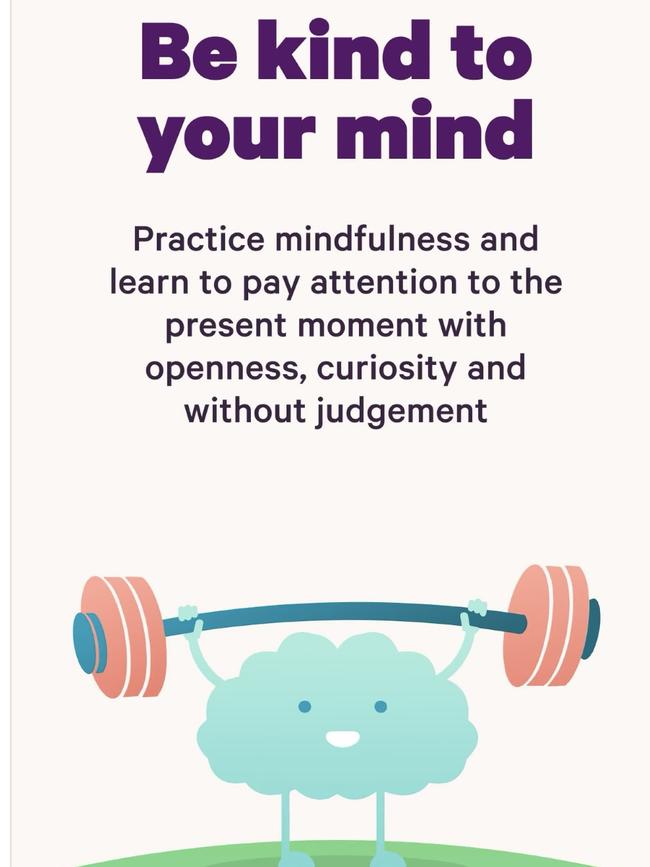
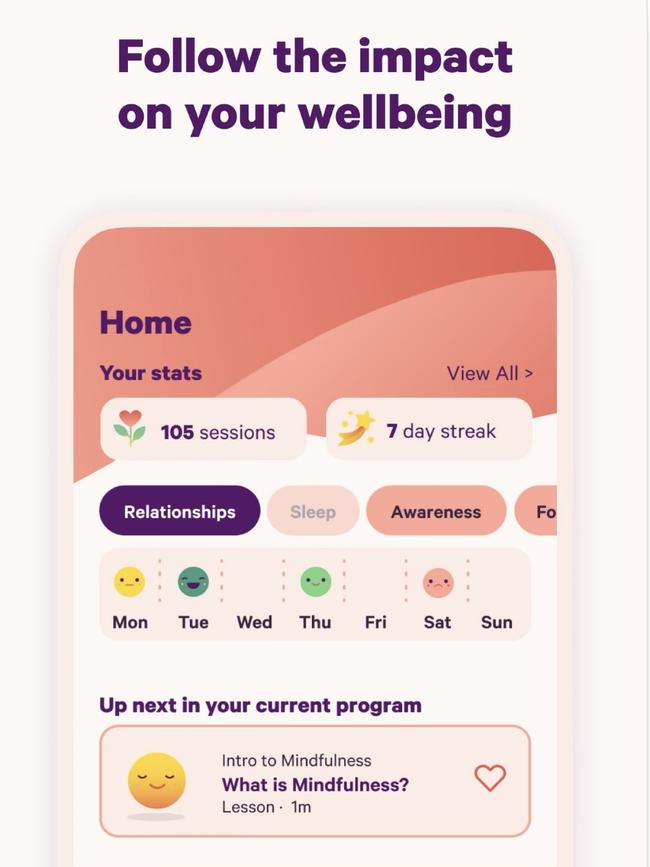
Recommended mental health apps, programs and digital tools
myCompass
A free online self-help program developed by the Black Dog Institute, found to significantly improve mild to-moderate symptoms of depression, anxiety and stress. The program consists of 14 modules that teach cognitive behavioural techniques and strategies to manage your mood.
Black Dog Institute’s Online Clinic
A free mental health assessment tool designed for people over the age of 18 who are concerned they are developing a mental health issue, or would like to get a better understanding of their mental health. It involves answering a few short questions about how you’ve been feeling over the last two weeks. Based on your answers, you’ll receive a personalised report that can be printed off and discussed with your GP.
Sleep Ninja
A free, evidence based smartphone app shown to be effective in helping young people with sleep problems.
Healthy Mind
An easy read tool that fits the needs of people with intellectual disability.
Bite Back
An online positive psychology program designed to improve the overall wellbeing and resilience of young Australians aged 13 to 16.
BRAVE
An online program developed by a team of researchers from the University of Queensland that helps children and young people overcome anxiety. The program was developed based on 12 years of strong empirical research, and features cognitive-behavioural therapy (CBT) techniques.
Smiling Mind
A free mindfulness app developed by psychologists and educators for young people. It’s focused on daily meditation and mindfulness exercises, and can help you stay calm and healthy while you’re spending more time indoors.
HeadGear
A free, easy-to-use smartphone app that guides you through a 30 – day mental fitness challenge designed to build resilience and wellbeing and prevent things like depression and anxiety. A study involving more than 2000 working Australians showed rates of new onset depression in users of the HeadGear app were half those of the control group, in the subsequent year.
MindSpot
Australia’s first free national online mental health clinic developed by Macquarie University that offers psychological assessment and treatment for people experiencing stress, worry, anxiety and depression. The online assessment is available to people who are at least 18 years old, currently living in Australia and are eligible for Medicare.
moodgym
An interactive self-help program for people over the age of 16 developed by researchers at the Australian National University. The program is based on cognitive-behavioural therapy (CBT) and interpersonal therapy (IPT), and has been shown to be effective in preventing and treating anxiety and depression.
This Way Up
A suite of more than 10 different online brief psychology courses, for individuals experiencing a range of psychological difficulties. These programs were developed by clinicians and researchers at St Vincent’s Hospital Sydney and the University of New South Wales. This Way Up programs have been scientifically evaluated in over 40 clinical trials.
The Centre for Clinical Interventions
A psychology service in Perth that has developed self-help ‘workbooks’ and sets of modules on different types of anxiety including health anxiety, sleep, worry, procrastination, perfectionism and numerous other topics.





